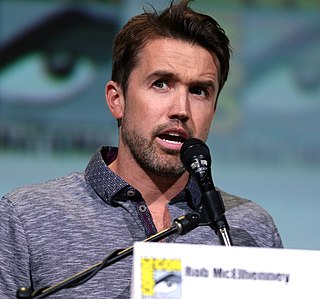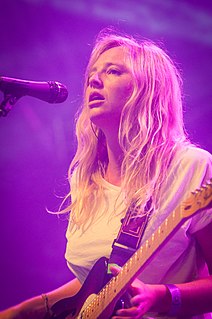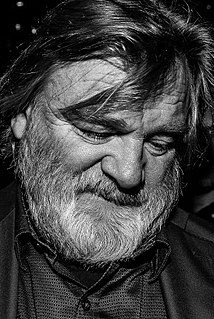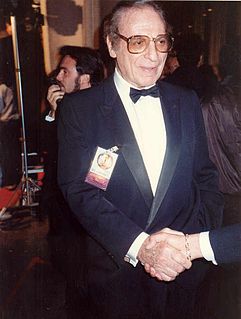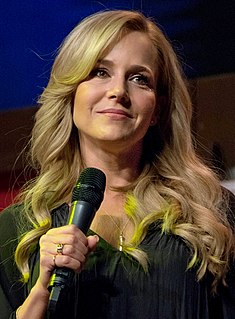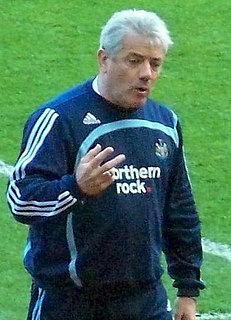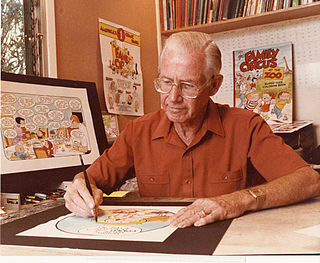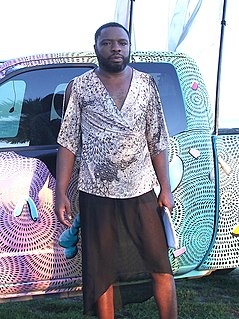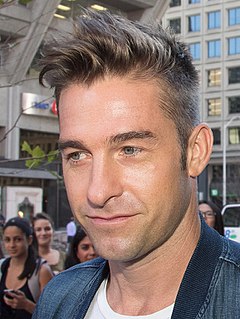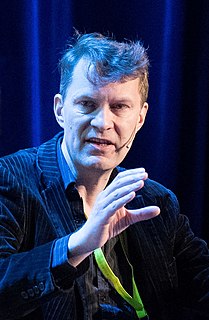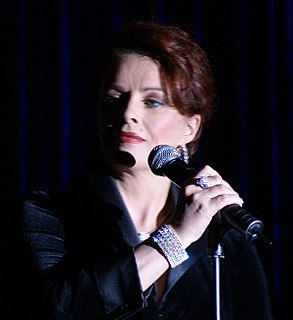A Quote by Ansel Elgort
A lot of high school students on TV and in Broadway are played by people in their late 20s and even early 30s. That seems weird to me.
Related Quotes
A lot of people say I've missed out on a lot because I started acting at such a young age. What's so obvious to me is that I actually was really lucky. I gained a lot and I got a head start in what I wanted to do in life. A lot of people in their late 20s, early 30s are just beginning to figure out where they want to go.
There was a time in my late teens and early 20s where I was motivated by this wanting to get out, to prove to the world that I had something to offer - that kind of youthful spirit, where maybe I had my eye on fame and fortune. I mellowed out in my late 20s and now that I'm in my early 30s, I'm coming to peace with it.
My grandfather played a mandolin, so I got my hands on that. Then on down to a banjo, and I found I couldn't play any kind of soft or mournful music with that so I took up the fiddle in my late 20s or early 30s - and that was far too late. But it keeps me off the streets. It has been a love of mine since I was 17 maybe.
When I was prepping for my Broadway debut as Romeo, it really hit me that I had never done that. I had trained at drama school for three years in my late teens to early 20s, and I'd studied Shakespeare, of course, but I hadn't actually performed it. So to do something like Romeo for my first Broadway role was a challenge.
Germany's hierarchical reverence for seniority may have something to do with the fact that everything here happens relatively late. Germans start school at six, graduate in their late 20s, and get their first proper jobs in their 30s. Adolescence can go on a long time. It is rare for anyone to achieve responsibility before their 50s.


